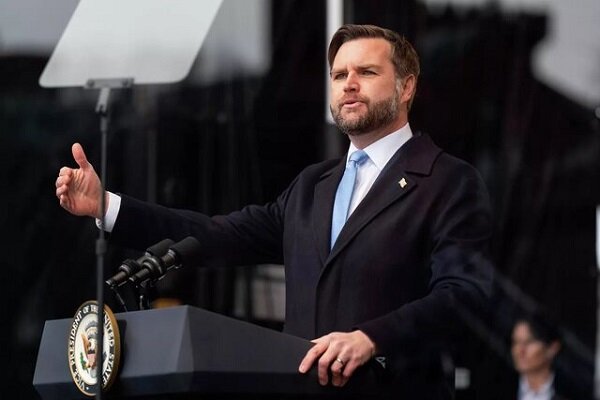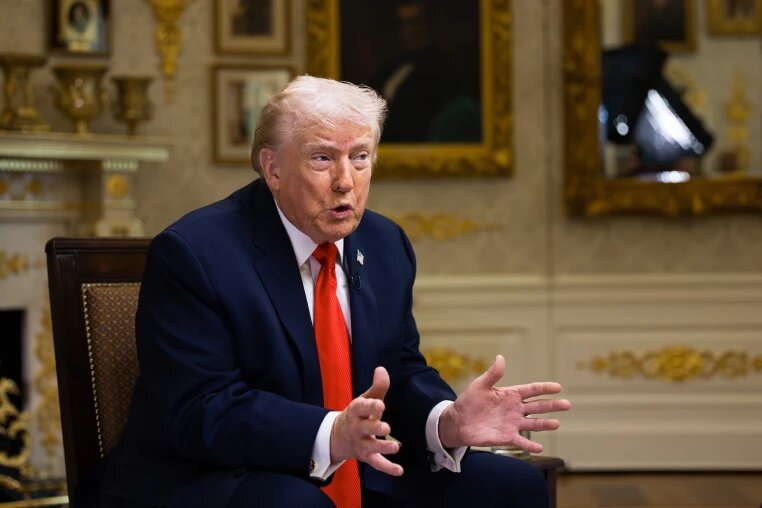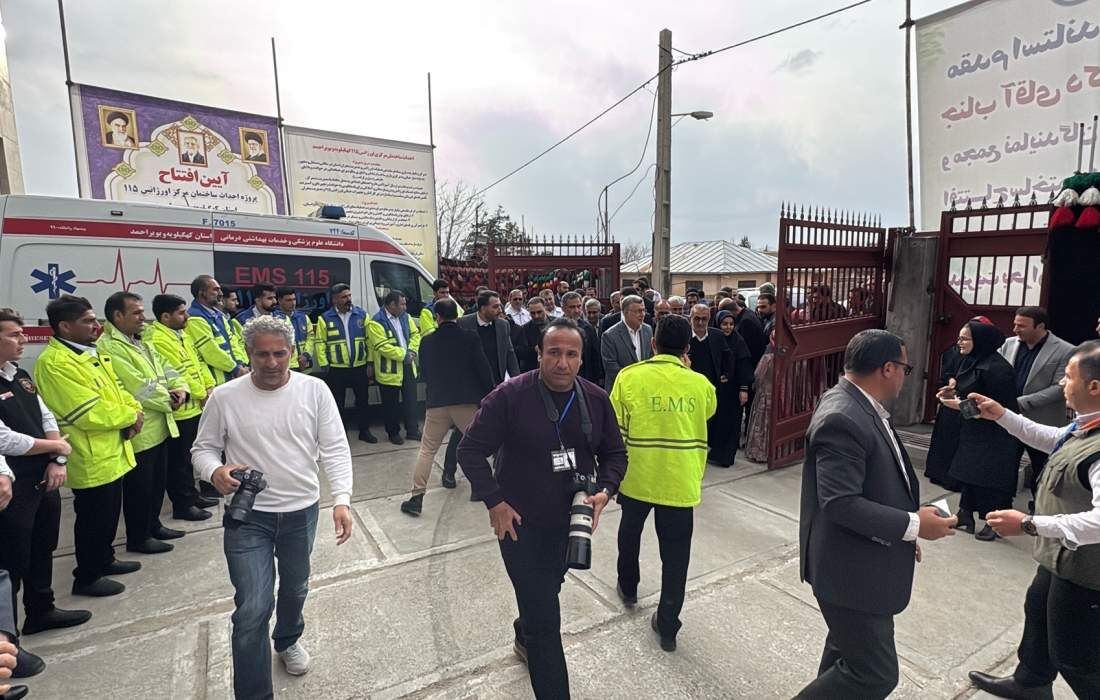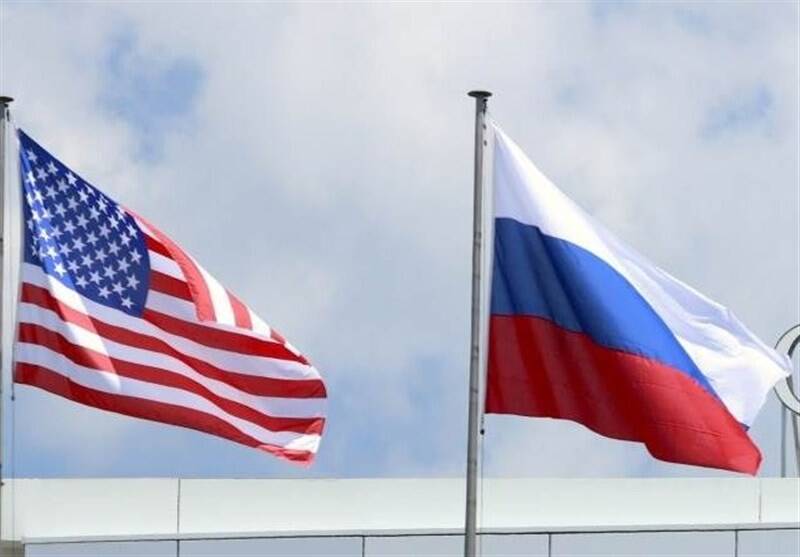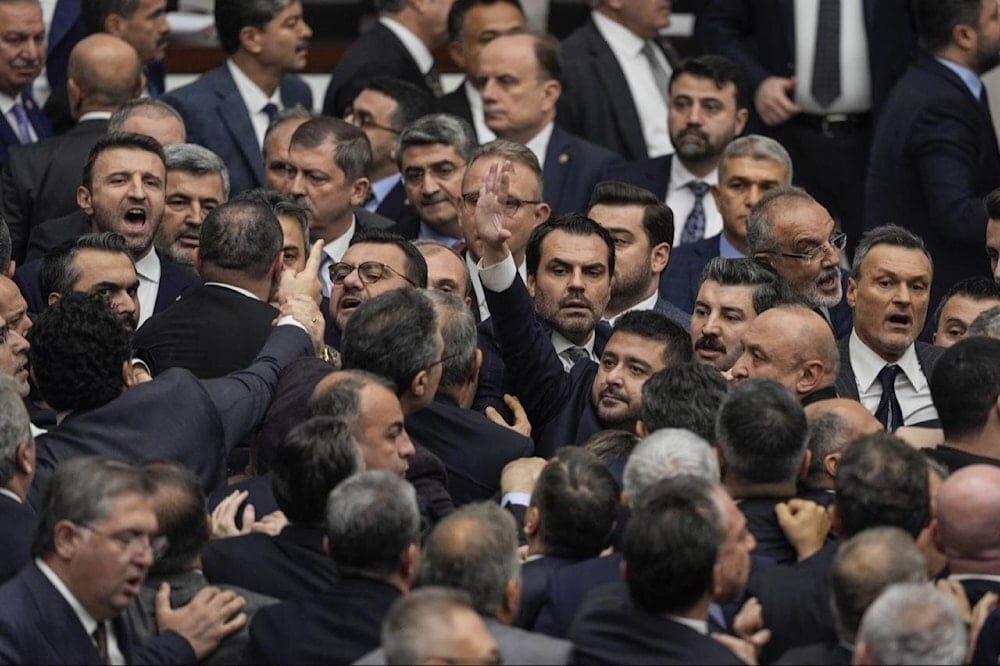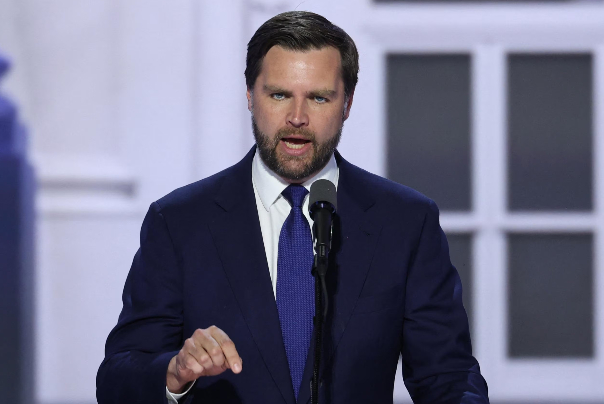Israel's involvement in death of Moroccan opposition leader revealed
Israel's involvement in death of Moroccan opposition leader revealed

Israel's involvement in the assassination of a prominent Moroccan opposition leader has been revealed in a new book.
Mehdi Ben Barka, exiled leader of the left-wing National Union of Popular Forces (UNFP), an opposition party to Moroccan King Hassan II, was kidnapped at a brasserie on Paris’s left bank on 29 October 1965.
His body was never found, but many blamed the Moroccan state, which had sentenced him to death in absentia for an alledged plot against the king, and for calling upon Moroccan soldiers to refuse to fight Algeria in the 1963 Sand War.
Israel's Mossad spy agency had also long been suspected of involvement in his disappearance, despite the North African kingdom and Israel having no official relations at the time, but few details had emerged.
A new book to be published in France at the end of the month, titled L’Affaire Ben Barka. La fin des secrets ("the Ben Barka affair: the end of secrets"), has shed light on their actions.
The book, written by journalists Stephen Smith and Ronen Bergman, is based on unreleased documents and reports from confidential archives. They demonstrate the extent of the ties established at the time between the Mossad and the Moroccan security apparatus, as well as to the king himself, including to facilitate the departure of Moroccan Jews to Israel.
The authors argue that the Israeli secret services played a role in Ben Barka's disappearance "from beginning to end".
According to the book, extracts of which were published by Le Monde on Tuesday, the operation was overseen by Ahmed Dlimi, deputy director of Moroccan security, and Rafi Eitan, a prominent Israeli intelligence figure.
On 2 November 1965, a Mossad operative reportedly bought tools and corrosive materials in Paris, including short-handled shovels, a lamp, screwdrivers and 15 packets of sodium hydroxide, which he later stored in a safe house in Saint-Cloud rented by the Mossad for Cab 1, a Moroccan security unit.
Following his abduction, Ben Barka was held by "French people" 30km south of Paris.
Mossad and Cab 1 met before the assassination to finalise the details of the operation.
The Israeli spies were to patrol the road to Ben Barka's detention site and also provided advice on the best way to bury the body in the forest.
'They drowned Ben Barka in the bathtub'
After arriving at the location where the left-wing leader was being held, Dlimi dismissed the French guards, whom he made understand that Ben Barka was set to be smuggled to Morocco.
He then began interrogating him, masking his true intentions of killing him.
Ben Barka was then taken to the bathroom, nominally for torturing purposes, and his head was put underwater in a bath.
"They held him underwater for three minutes," Dlimi recounted, until Ben Barka was dead.

He then took a picture "so they back home would believe that it's really over".
Later, Dimli met the Israeli agents for a formal "debriefing", during which they discussed the method used to kill Ben Barka, comparing drowning with poisoning.
Eitan told his Moroccan counterpart that a toxic substance flown aboard an El Al aircraft for the operation had arrived in the morning.
At the request of the Israelis, Dlimi returned the unused poison, the keys to the "hideout" used to store the "tools", as well as fake passports, which they also did not need.
Morocco and Israel have maintained covert relations since at least the 1960s.
In 2020, the two countries formally recognised one another in return for the US recognising Moroccan sovereignty over occupied Western Sahara.
Since then, trade between Morocco and Israel has expanded, with UN database figures showing that the kingdom exported $141.55m worth of goods to Israel during 2024.
It has also become a crucial location for military cargo being transported to Israel, including components of F-35 jets, which have fuelled Israel’s attacks on Palestinians in Gaza.
Morocco's recognition of Israel, as well as the reports of increasing trade and defence ties, have provoked anger across much of the kingdom, with many calling for ties to be broken off due to Israel's genocide in Gaza.



